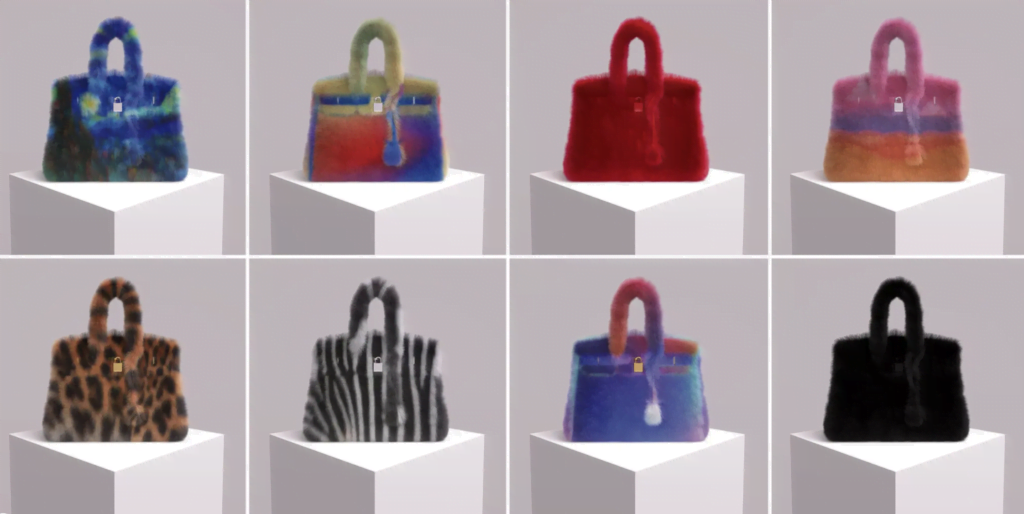Another judgment was recently handed down in the landmark case involving Hermès, the iconic luxury retailer, and artist Mason Rothschild. The court ruled in favor of Hermès, granting a permanent injunction against Rothschild’s sales of “MetaBirkin” NFTs. In the case, the jury found that these digital assets infringed upon Hermès’ trademark rights for its coveted Birkin bags. These high-end leather goods fetch tens of thousands of dollars per piece.
US District Judge Jed Rakoff issued the ruling, indicating the injunction was necessary to prevent consumer confusion and protect Hermès from irreparable damage. In his June 23rd statement, Rakoff explained, “[The] Defendant’s entire scheme here was to defraud consumers into believing, by his use of variations on Hermès’ trademarks, that Hermès was endorsing his lucrative MetaBirkins NFTs. Nothing in the First Amendment insulates him from liability for such a scheme.”

The Intersection of NFTs and Intellectual-Property Law
Last year, Hermès took legal action against Rothschild, which led to the current dispute. The artist’s “MetaBirkins,” NFTs linked to images of Hermès’ bags embellished with vibrant fur, were the cause of contention.
In this context, the trial represented one of the first significant encounters between the realms of NFTs, intellectual-property law, and the protections afforded to artistic expression by free speech provisions. In February 2023, the court mandated Rothschild to pay $133,000 in damages to Hermès, setting a precedent for how US intellectual property rights extend to digital assets.
Hermès labeled Rothschild a “digital speculator,” characterizing the NFTs as a “get rich quick” scheme that violated its “Birkin” trademark and falsely suggested the fashion house’s endorsement of the tokens.
Also last year, Hermès showed its interest in the Web3 space, filing multiple trademarks for the Metaverse, as per a report in September 2022. This move indicated a proactive stance towards the emerging digital environment, and in the light of the recent court ruling against Mason Rothschild’s ‘MetaBirkin’ NFTs, it also underscores Hermès’ commitment to protecting its brand identity within this new frontier.
Post-Trial Developments and Allegations
Hermès also voiced concerns that the similarity between the URLs of “MetaBirkin” NFTs and its own could lead to customer confusion. Rothschild, also known as Sonny Estival, asserted his artistic work critiqued alleged animal cruelty in the leather goods industry. He argued his use of trademarks in an artistically relevant manner did not deliberately mislead consumers and thus should be protected by the Constitution’s First Amendment.
Despite the jury’s verdict, Hermès alleged in a March filing that Rothschild persisted in marketing his NFTs. It sought the court’s intervention to halt his activities and relinquish any remaining tokens and post-trial profits.
Responding to these demands, Rothschild argued that Hermès’ request was excessive, particularly for a case revolving around artistic expression.
The court ruling in favor of Hermès underscores the complex intersection between digital assets and intellectual property law. The legal landscape for NFTs remains contentious, with this case setting a crucial precedent. It will undoubtedly prompt further conversations and deliberations on how digital art interacts with traditional trademarks and copyrights.
Author

Web3 advocate with a knack for breaking down complex concepts into engaging narratives.




